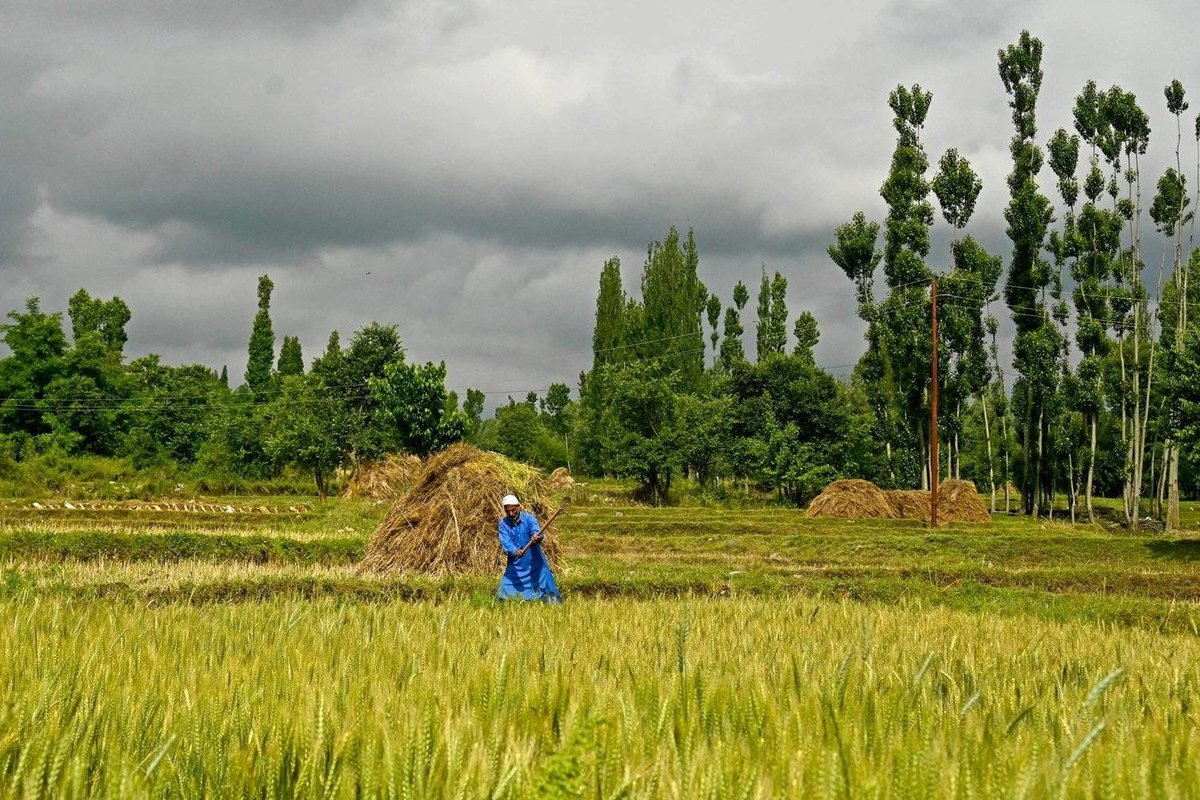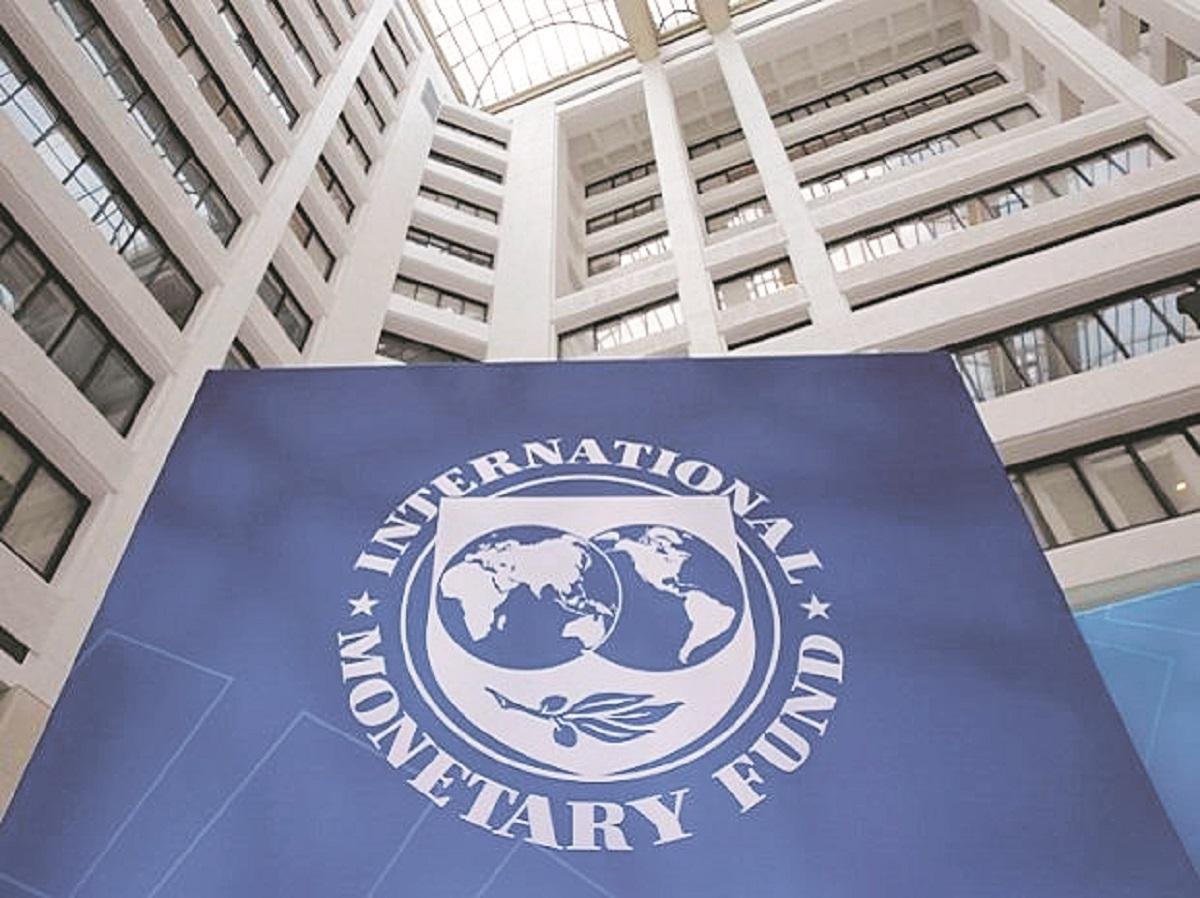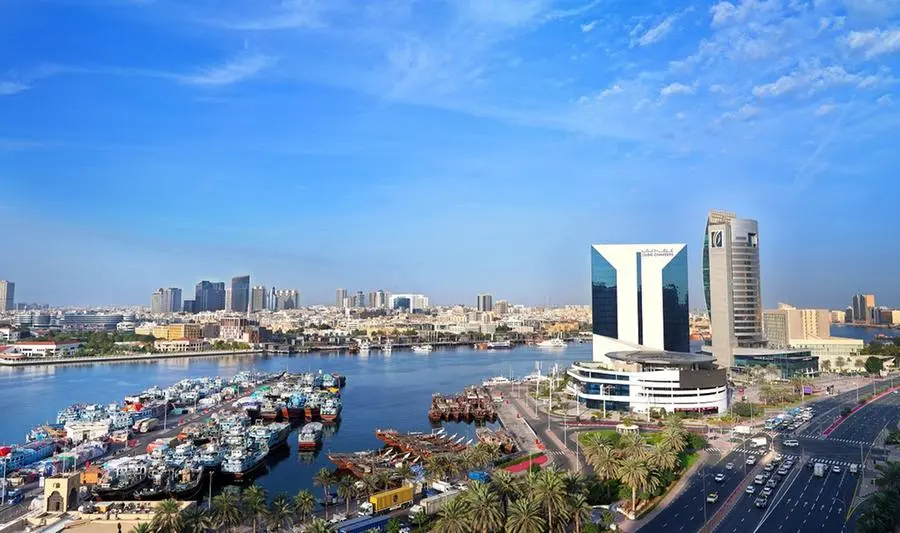-
Under the order resolution, all types of rice are included in the ban, ranging from husked white and brown rice to broken and parboiled rice
-
Even freezones, typically exempt from certain trade restrictions, are subject to the rice export ban
PRAVASISAMWAD.COM
In the wake of export ban on certain rice verities by India, the United Arab Emirates (UAE) has announced a temporary ban on the export and re-exporting of rice. The ban, which came into effect on Friday, will be in place for a period of four months, and it will automatically renew unless an official decision is made to cancel it. The move is to ensure an adequate supply of rice within its borders, The Arabian Business reported.
The decision was made public by the Ministry of Economy following Ministerial Resolution No. (120) of 2023. Under this resolution, all types of rice are included in the ban, ranging from husked white and brown rice to broken and parboiled rice. Even freezones, typically exempt from certain trade restrictions, are subject to the rice export ban.
One notable aspect of the ban is its impact on rice imports from India. Any rice shipments from India entering the UAE after July 20 will not be eligible for export or re-export during the duration of the ban. This measure coincides with India’s own ban on non-basmati rice exports, initiated to stabilize domestic prices after recent heavy monsoon rains damaged crops.
While the ban is aimed at ensuring food security within the UAE, analysts warn that it may have broader implications for the international rice market and could add to the challenges posed by the existing food crisis. The situation remains closely monitored by experts and policymakers as they assess its potential impact on global food supply and prices
To enforce the ban effectively, businesses seeking to re-export rice from the UAE must apply for a special export permit from the Ministry of Economy. The application process will require them to submit essential paperwork, including shipment data, point of origin, and transaction dates. If approved, export permits will be valid for 30 days and must be submitted to customs electronically before any rice exports can proceed.
The UAE’s decision comes in the wake of concerns over rice supply levels globally. With India being a major player in the rice export market, accounting for more than 40 percent of world rice exports, its restrictions on non-basmati rice have raised fears of potential inflation in global food markets. India’s move was triggered by a three percent increase in retail rice prices due to damage caused by delayed but heavy monsoon rains impacting crops.
As a significant importer of non-basmati rice from India, both the UAE and neighboring Saudi Arabia are likely to be affected by this export ban. The UAE’s initiative is seen as a measure to safeguard its own rice supplies and stabilize domestic food prices amid ongoing concerns over global food inflation, exacerbated by geopolitical events such as Russia’s invasion of Ukraine and unpredictable weather patterns.
While the ban is aimed at ensuring food security within the UAE, analysts warn that it may have broader implications for the international rice market and could add to the challenges posed by the existing food crisis. The situation remains closely monitored by experts and policymakers as they assess its potential impact on global food supply and prices.
*******************************************************
Readers
These are extraordinary times. All of us have to rely on high-impact, trustworthy journalism. And this is especially true of the Indian Diaspora. Members of the Indian community overseas cannot be fed with inaccurate news.
Pravasi Samwad is a venture that has no shareholders. It is the result of an impassioned initiative of a handful of Indian journalists spread around the world. We have taken the small step forward with the pledge to provide news with accuracy, free from political and commercial influence. Our aim is to keep you, our readers, informed about developments at ‘home’ and across the world that affect you.
Please help us to keep our journalism independent and free.
In these difficult times, to run a news website requires finances. While every contribution, big or small, will makes a difference, we request our readers to put us in touch with advertisers worldwide. It will be a great help.
For more information: pravasisamwad00@gmail.com









